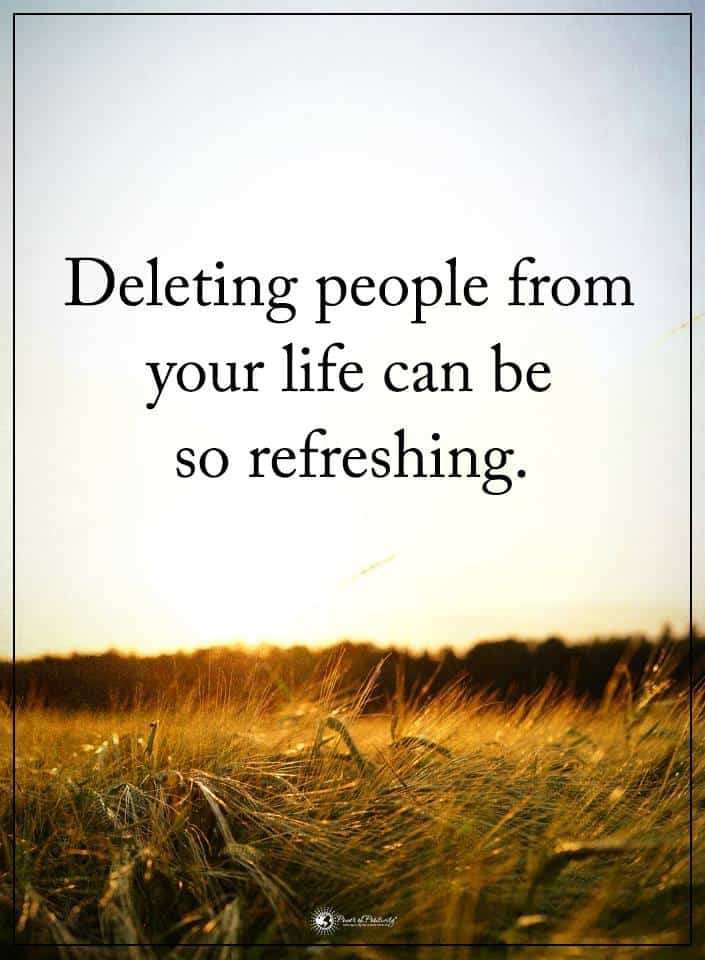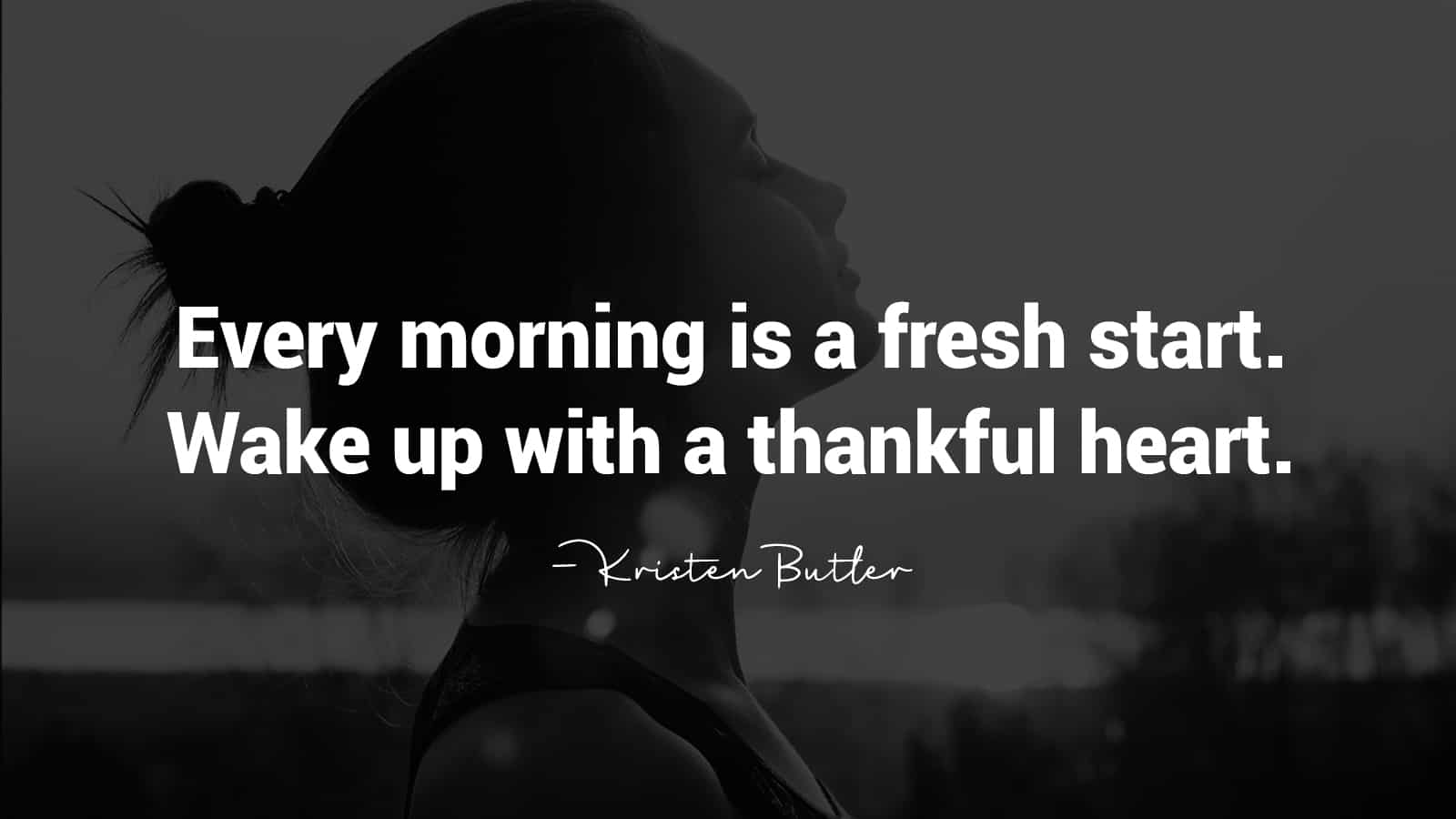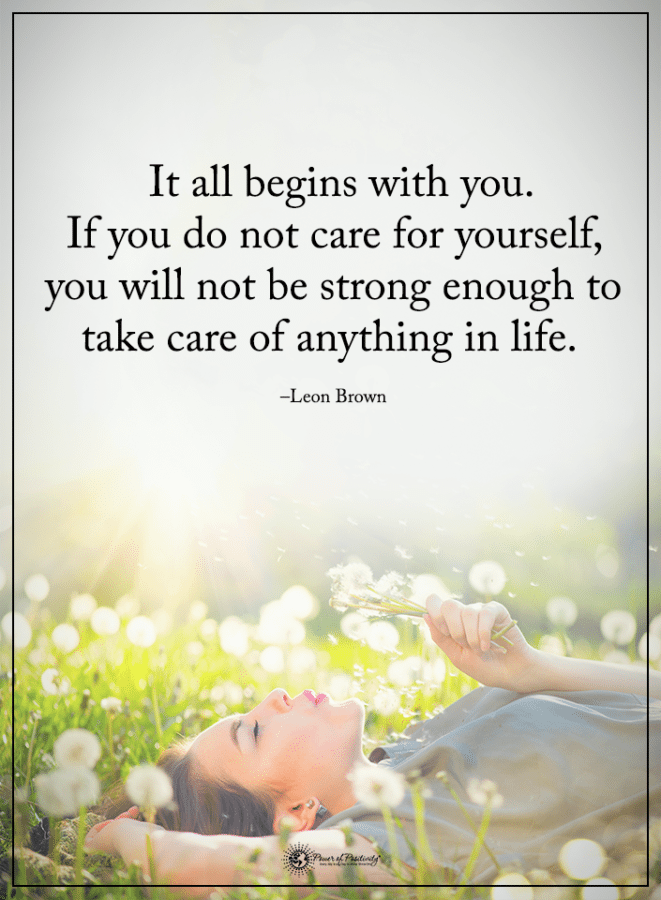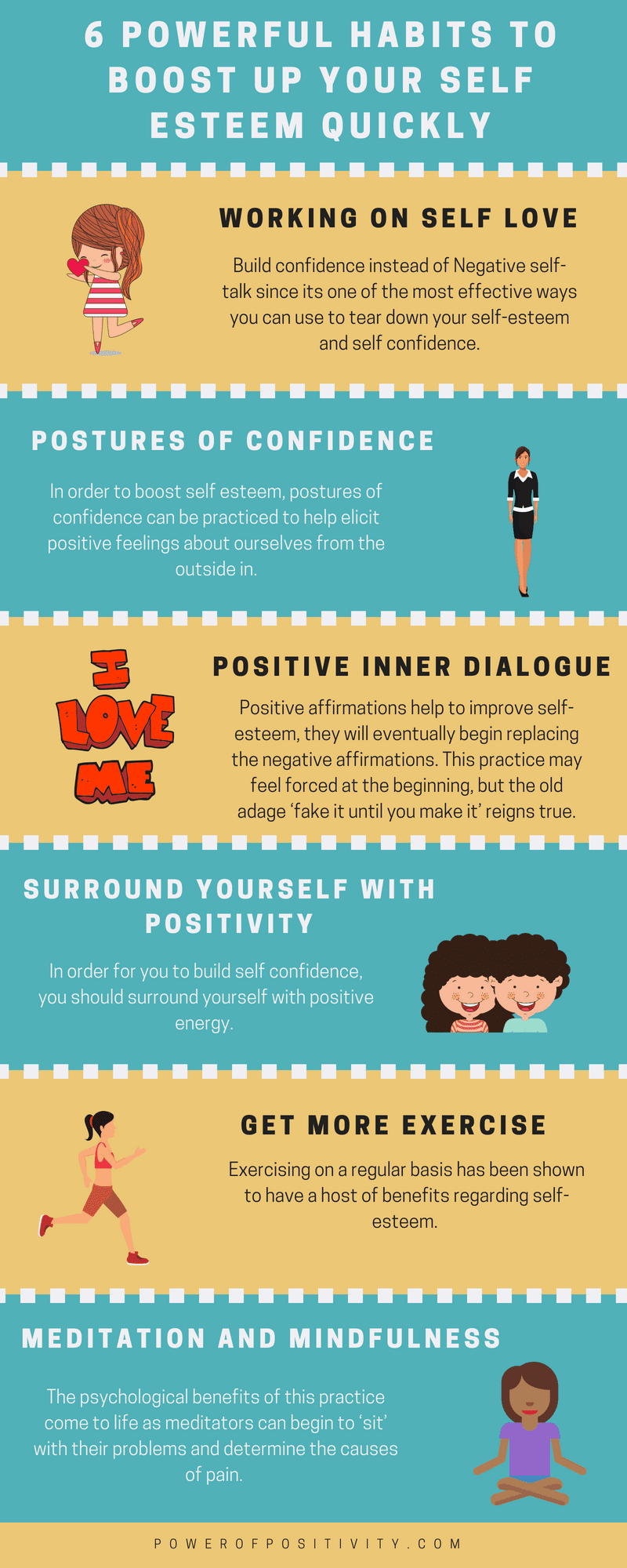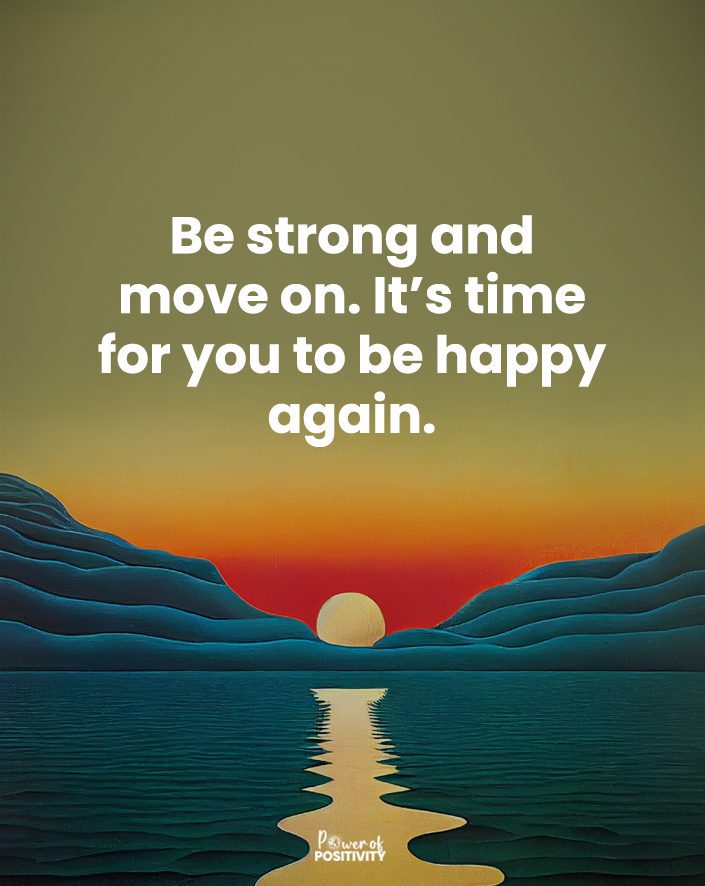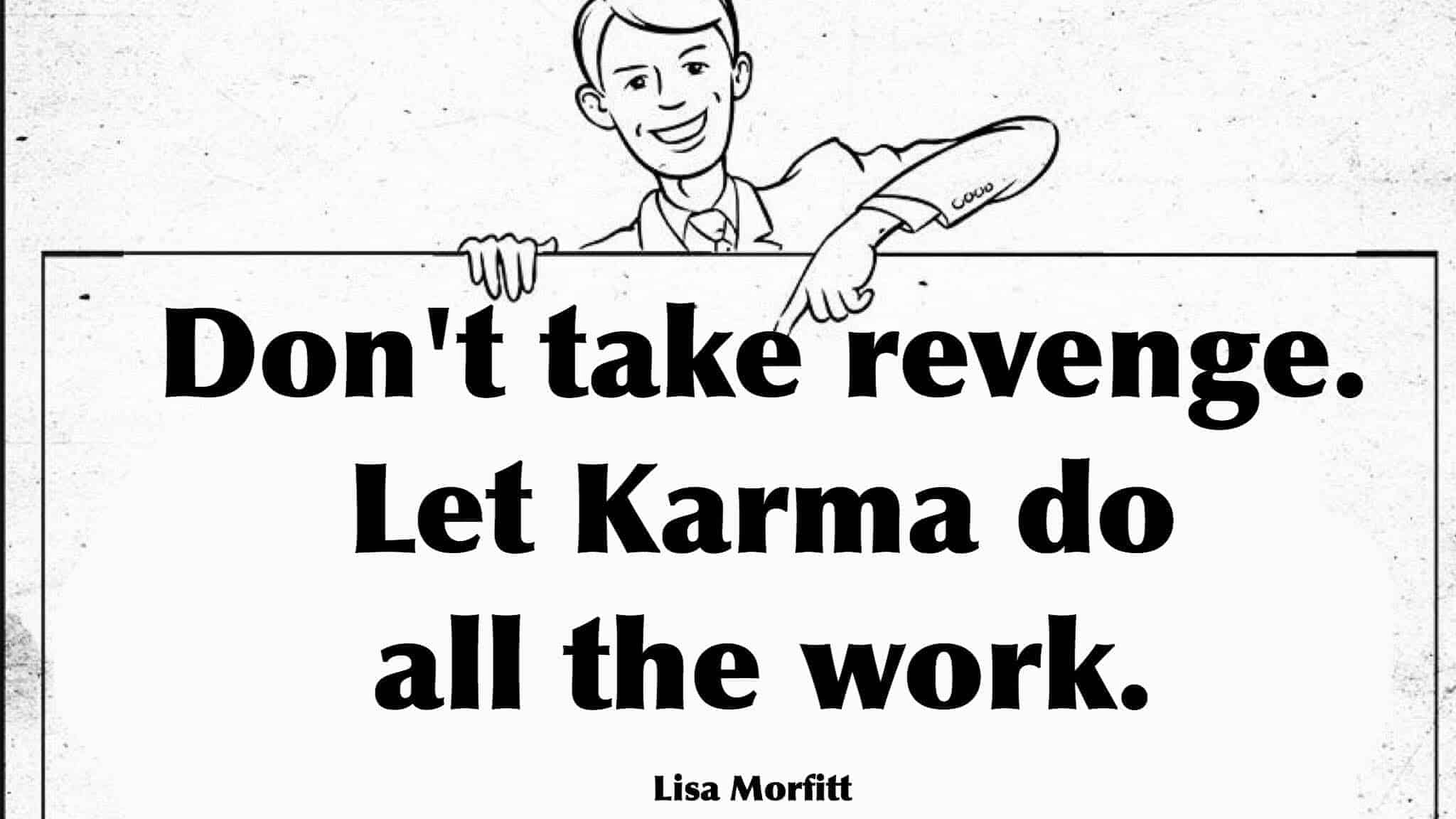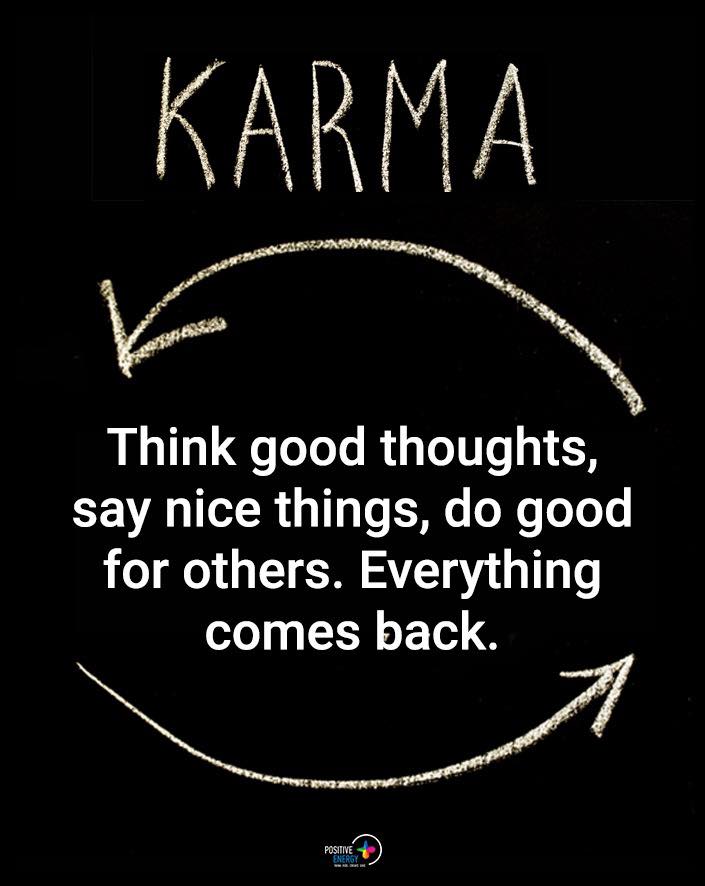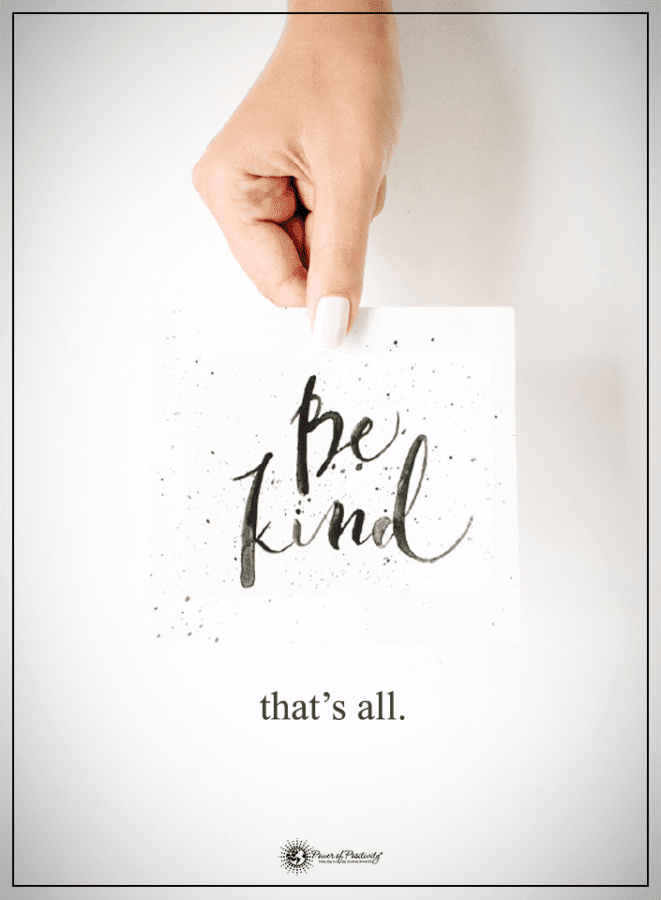Negativity doesn’t have to surround us in our day to day lives. Sure, sometimes we can avoid negative people or situations, but they don’t have to be the things that we interact with the most. For a lot of people, negative energy is the one thing keeping them from feeling fulfilled in their life. Maybe they have a family member, or a friend, who is always bringing negativity around with drama or complaints. It can be frustrating to deal with.
Many people find that once they distance themselves from the negative people or situations, their lives change for the better. And the changes in their lives happen almost immediately, too! When people distance themselves from negativity, they’ll find that positive things fill in that space where the negativity used to be.
5 Positive Things That Happen When You Leave Negativity Behind
“The only time you fail is when you fall down and stay down.” – Stephen Richards
Let go of negative thinking and watch wonderful things happen in your life.
1. Your thoughts become more positive
The one thing that happens immediately after distancing yourself from negativity, is a shift in the way that you’re thinking. When surrounded by negative energy, your thoughts will also become more and more negative. You may find it harder and harder to think of the silver lining in situations, or slight inconveniences can sometimes ruin your whole day.
That is a result of being surrounded by too much negativity. When you distance yourself, you’ll find that your positive thoughts now have room to come back. You won’t be weighed down by negative thoughts anymore.
2. You’ll feel better physically
It’s no secret that negativity causes stress, and stress causes health problems. When you’re surrounded by other people’s negativity, you may find that it’s harder to regulate your own positive and negative reactions and emotions. This can lead to you feeling stress more frequently and for longer periods of time. Stress is known to weaken the immune system, and cause you to feel wrung out and exhausted.
Assistant professor of anesthesiology at the School of Medicine Dr. Peter Nagele, MD said, “Our findings need to be replicated, but we think this is a good starting point, and we believe therapy with nitrous oxide eventually could help many people with depression … It’s kind of surprising that no one ever thought about using a drug that makes people laugh as a treatment for patients whose main symptom is that they’re so very sad.”
If you find that you’re feeling more sickly than usual, it may be time to evaluate how much negativity is being let into your life. And the minute you distance yourself from that negativity, you’ll start to feel healthier and more like yourself.
3. You’re happier
Negativity causes negative emotions. Before, you may have felt sad or angry or frustrated more often. When you’re surrounded by negativity, it’s hard to find reasons to feel happy or positive. However, once you distance yourself from negativity, your positive emotions will start to show themselves again. Instead of becoming frustrated at a slight inconvenience, you’ll find that you’re able to more easily laugh it off.
Remember what William James once said, “We don’t laugh because we are happy, we are happy because we laugh.”
Instead of feeling sad, you’ll be able to enjoy life and feel happier. Whether the cause of the negativity was a person, or a situation, the minute you start to distance yourself from it, you’ll be much happier.
4. You complain less
Let’s face it: being surrounded by people who complain a lot makes it easier for us to justify all of the times that we complain. And nobody likes complaining! It doesn’t really feel as good as we think it does, and it doesn’t do anything to attract positive people to us.
Life coach and author Tandee A. Victor says, “Complaining can completely ruin your life by taking all the happiness out of it. When you constantly complain, you develop a negative mentality about everything. That leads to discontent and inner turmoil.”
When you’re surrounded by negativity, you may find that you complain about things a lot more than you would otherwise. Once you start to distance yourself from that negative energy, you’ll find that you have a lot less to complain about. In fact, you may find that you no longer feel the need to complain at all!
5. You attract more positive people
Despite the old saying that opposites attract, there’s nothing about negative people and negative energy that attracts positivity. When you’re surrounded by negativity, that’s the only thing that you’re going to be attracting in life. More negative people, more negative situations. But, the minute that you kick that negativity to the curb, you’ll find that you attract more positive people in your atmosphere.
“Negative thoughts and feelings about yourself will draw more negative people and experiences, thus validating your undesirable feelings! To have positive people in your life, you must first be positive about yourself and your life as it is now. Being optimistic gives you a brighter outlook and more gratitude for what you have, and that radiates higher energy, which naturally attracts positive people, circumstances and events,” says author, media expert and life coach Carol Whitaker
It’s easier to think, feel and stay positive when you’re surrounded by such happy, good and positive energy. You’ll be surrounded by good people and good things, rather than an endless feedback loop of negative energy.
Final thoughts
A lot of people don’t notice that they’re surrounded by negativity until they start to distance themselves from it. The amazing change between being surrounded by negativity, and being surrounded by positivity is simply one of the best feelings that anyone can experience. Not only is it good for your mental and physical health, but it’s good for your whole life and the people surrounding you.

